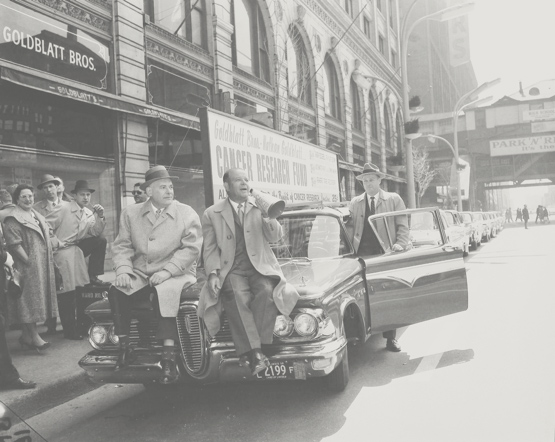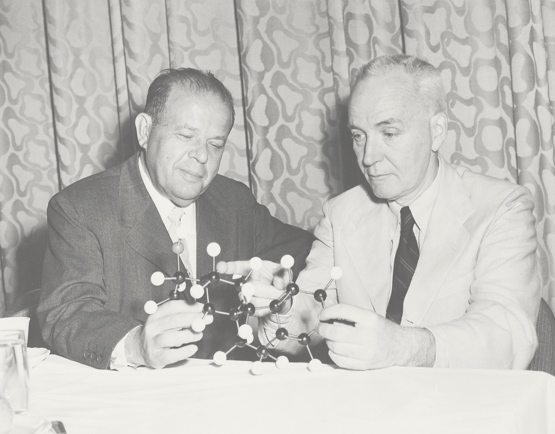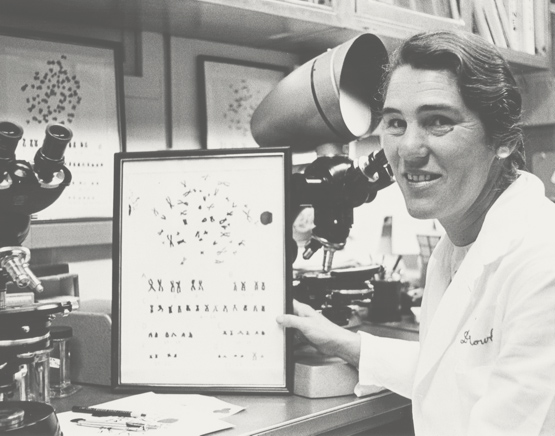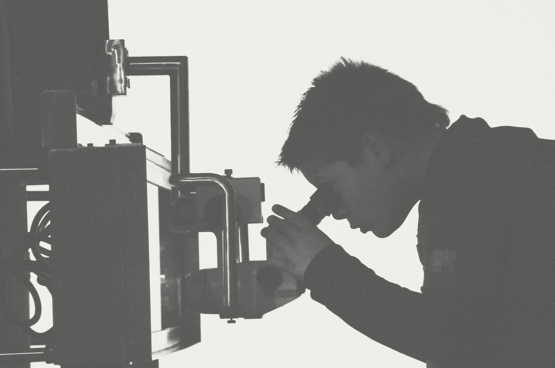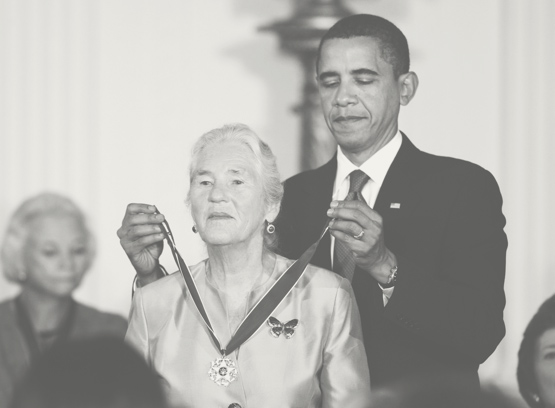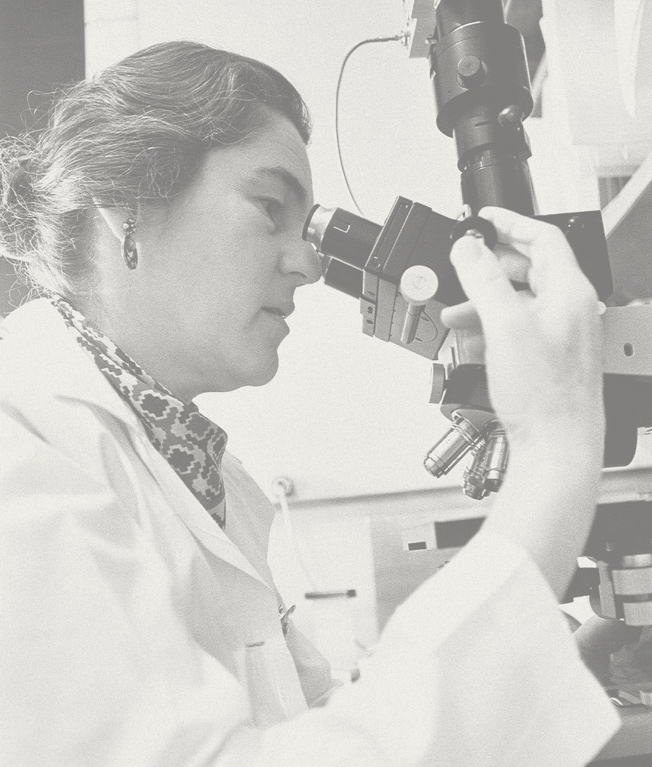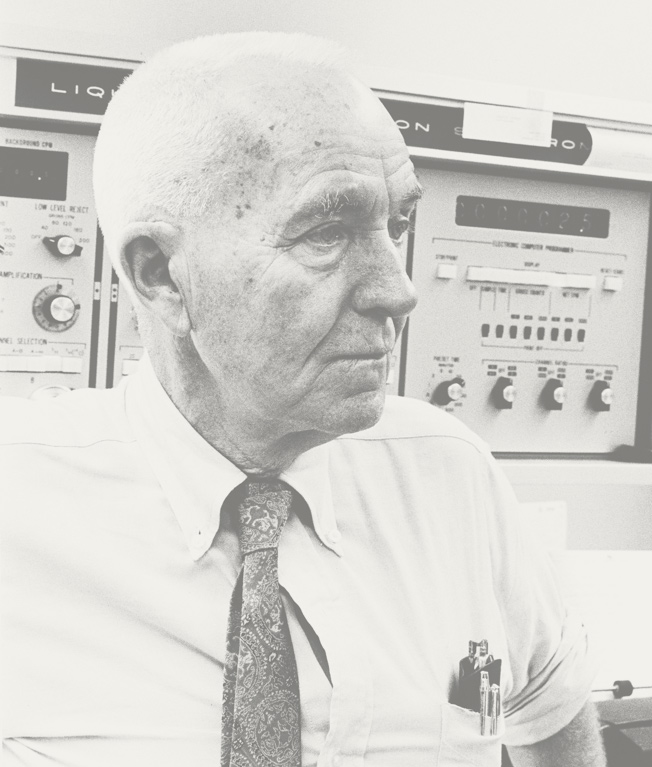JANET D ROWLEY, M.D.
In 1972, at the University of Chicago, Dr. Rowley made a discovery that led the way to prove that cancer had genetic causes, a theory that had been rejected by the scientific community up until that time. Her discoveries additionally led to the development of the drug Gleevec, which remains one of the most effective treatments for certain forms of Chronic Myeloid Leukemia.
In 1998, she was awarded the Lasker Award for her work on chromosomal translocation, and she received the National Medal of Science from President Clinton in 1999. Just recently in 2009, Dr. Rowley was awarded the United States’ highest civilian honor, the Presidential Medal of Freedom by President Obama as well as the Gruber Prize in Genetics.



